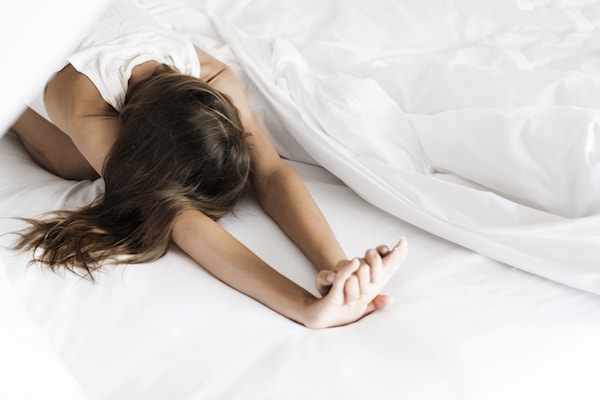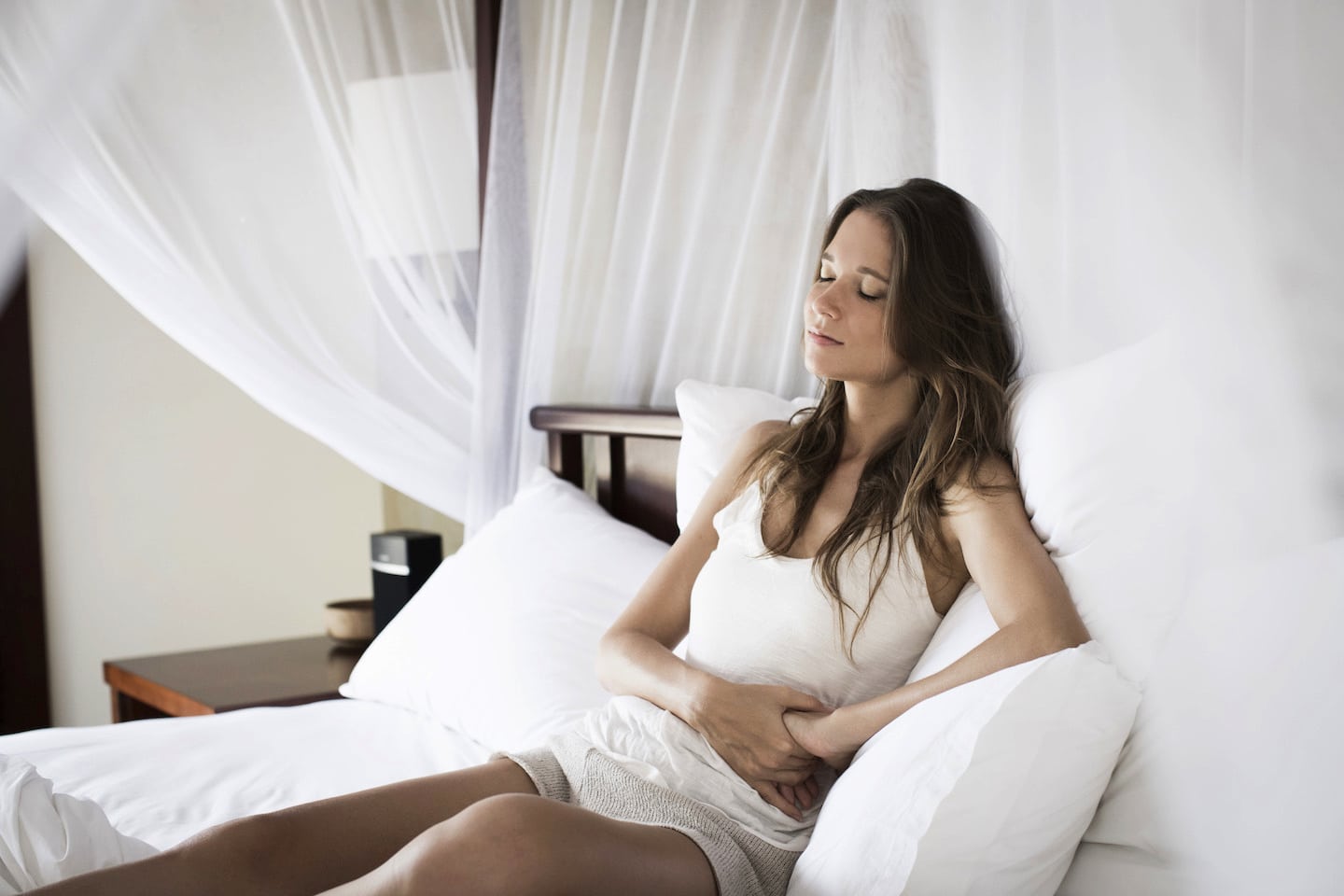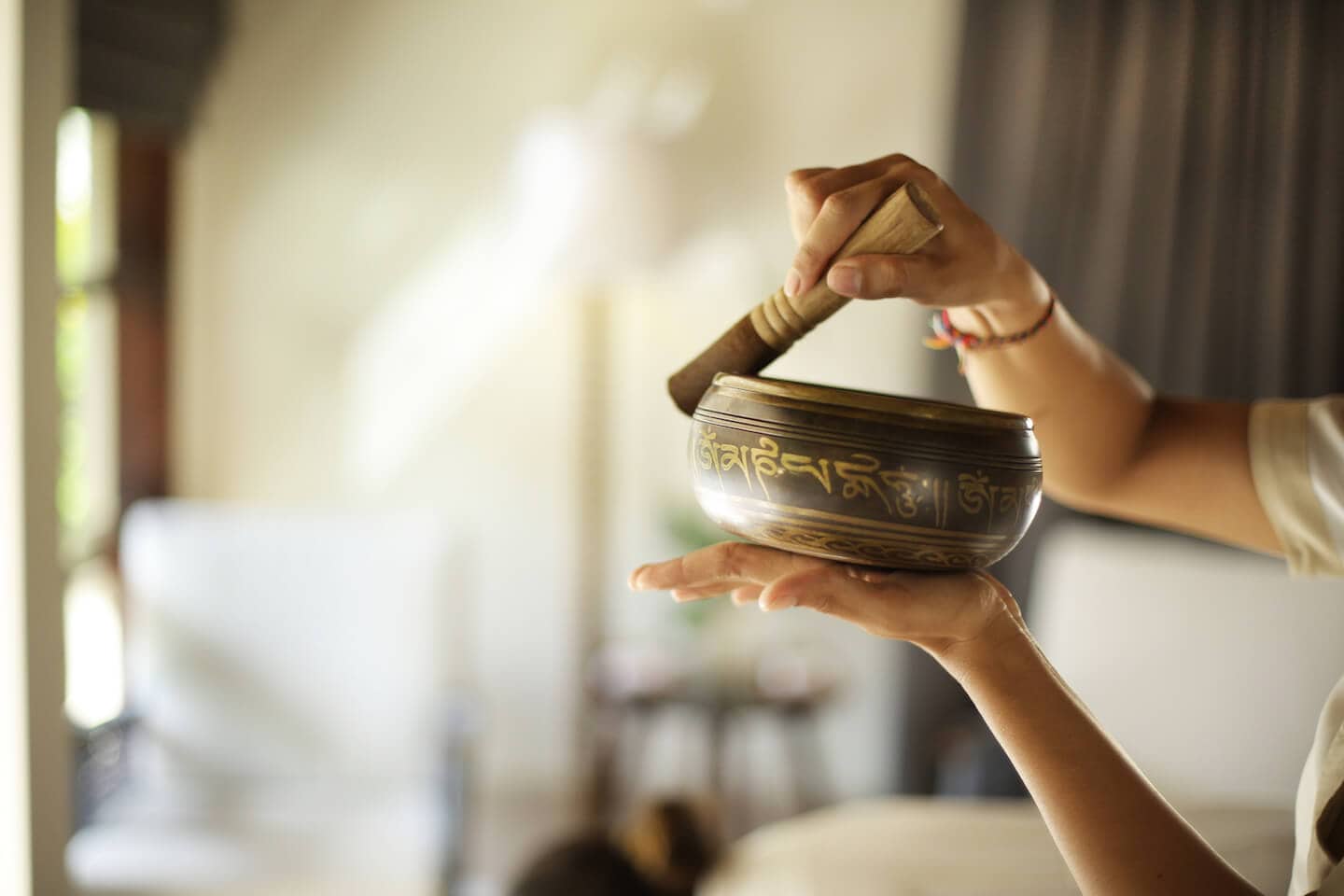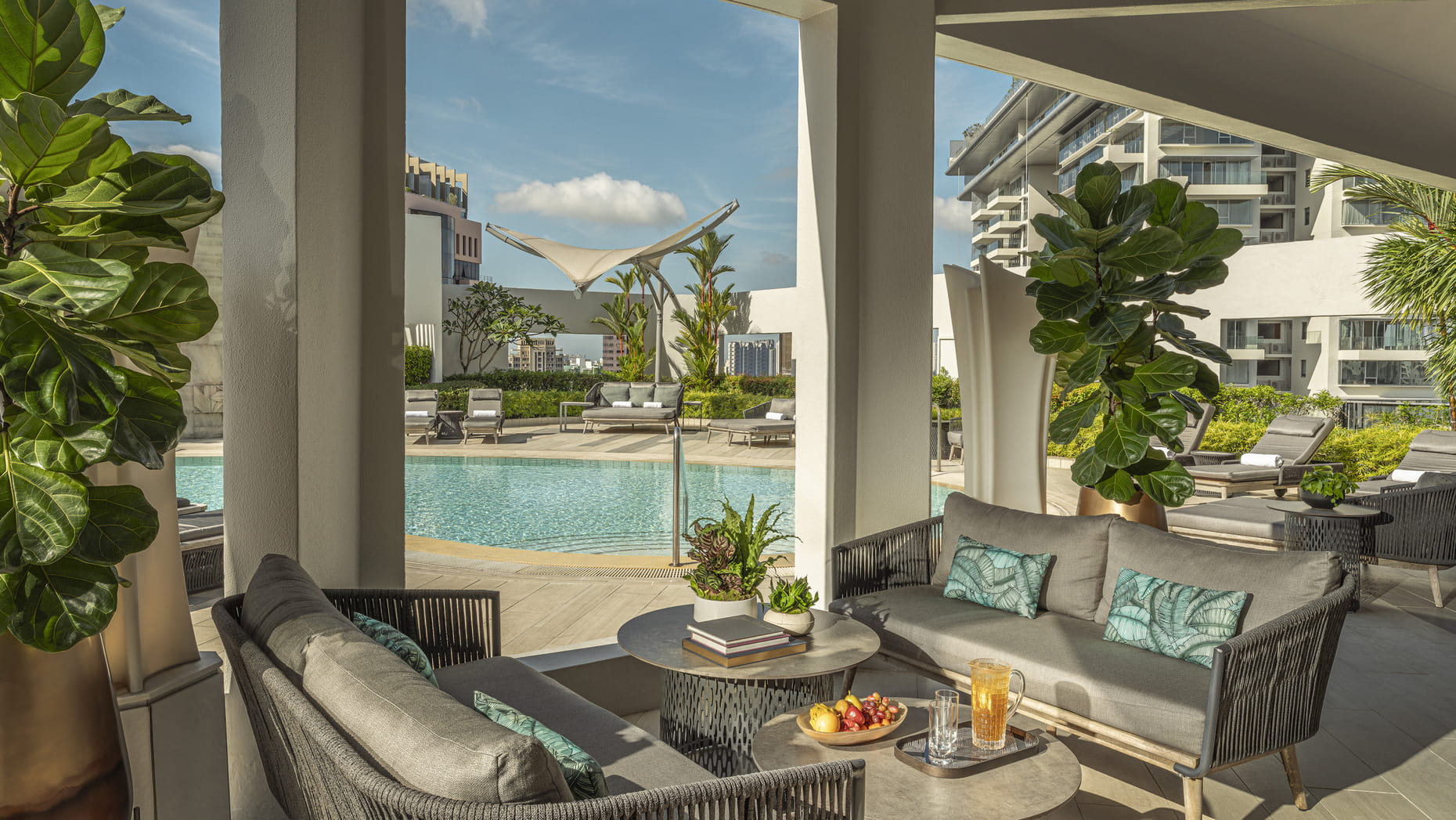Not all sleep is created equal. It’s a fact, we’ve been slowly coming to terms with our bad sleeping habits over the past decade. “Sleep hygiene”—aka, how well you’re sleeping and the habits surrounding it that make it better or worse—is one of 2019’s biggest health trends, and thanks to high-profile celebrities like Jeff Bezos and Arianna Huffington spreading the word, sleep is having its moment in the spotlight. And with good reason—sleep is essential for brain function and can boost mood, reduce anxiety and depression, improve complexion and stress levels, and reduce the risk of Alzheimer’s, diabetes, heart disease and obesity. That’s an awful lot of benefits for something we tend to not make enough time for.

Given that we all do it every day, how have we got our sleep cycles in a twist? There’s a lot of perks to how we live in the 21st century, but the fact is, our lifestyles now are in opposition to our body’s natural sleep cycle. “Since Thomas Edison invented the light bulb to extend the natural day, we have been fighting against our natural circadian rhythms,” says specialist retreat host at REVIVO and sleep therapist Tristian Kelly. “That’s increased in recent times due to the widespread use of laptops and smartphones: they’re not only very stimulating, but they also emit blue light which suppresses the natural sleep hormone melatonin.” In celebration of World Sleep Day, Compare Retreats chats with Kelly about the epidemic of bad sleep and how we can all have good sleep hygiene.
If you’re not getting enough sleeping, don’t worry—you’re not the only one
It’s easy to think that you’re the only one out there counting sheep or waking up sluggish after a night of tossing and turning, but 35% of people feel they don’t get enough sleep, and one in three are experiencing insomnia at any given time. “We are thinking about this now more than ever because presenteeism and absenteeism at work are also having a massive toll on workplaces,” says Kelly, with 46% of people with poor sleep missing or making errors at work. Research from the World Sleep Society estimates that the cost of poor sleep in the USA costs the economy US$411 billion annually, which means the cost goes far beyond the personal scope.
Quality over quantity
Good sleep is about quality rather than quantity. The World Sleep Society suggests that duration, continuity and depth are the key factors to good sleep, with quantity playing second fiddle to quality. Still—getting enough sleep is a key part good sleep trifecta, so how much should you be getting? “Sleep needs vary from person to person and depending on age,” says Kelly. “However, the Sleep Health Foundation and other organisations such as this recommend adults get between seven and nine hours of quality sleep a night.”

It doesn’t matter what time you get up
In spite of the popular ‘morning people = successful people’ narrative, it’s really more important that you’re working with your own natural rhythm. “The time we get up depends on our chronotype,” says Kelly. “Basically —if you’re a morning lark or a night owl. While it is probably wise if you are working regular nine-to-five hours to wake up early and set your circadian rhythms in the ways described above, some people may find that it’s better to have a job with more flexibility so that they can go to bed later and have a slightly later rising time. What’s most important is the regularity of the time we go to bed and wake up and that we have adequate and good quality sleep.”
Use light and dark to optimise your sleep
It sounds simple and pretty obvious, but sunlight wakes us up while darkness and dim lighting signal our brain that it’s time to sleep. “Your circadian rhythm is basically your 24-hour internal clock that is running in the background of your brain and cycles between sleepiness and alertness at regular intervals, and is regulated by factors such as lightness, darkness, and the timing of when we eat and exercise,” says Kelly. “Waking up the same time each day and going out into early morning sunlight is one such way we can help maintain a healthy circadian rhythm, as well as avoiding bright lights at night—turn off your computer and phone as early in the night as possible and keep them far away from the bed. Try using a candle at night instead of lights. These easy fixes are incredibly effective ways to optimise sleep.”
Eat light at night
Kelly notes that one of the easiest fixes to our sleeping habits avoiding heavy meals late at night. “it would be a great idea to eat a lighter leaner meal earlier in the evening to help your body digest food, as well as ensuring we eat at regular times,” she says. Additionally, exercising at night can overstimulate the body: “Keep the exercise to earlier in the afternoon or the morning,” Kelly suggests. Adopting wellness habits like meditation, gong baths, aromatherapy or Yoga Nidra can also aid relaxation and help you improve the quality of your sleep.

Create time to reset
If you’re struggling to reset your sleep pattern on your own, it might be worthwhile checking in to a dedicated sleep retreat. “Sometimes it’s hard to work out what is causing insomnia and this is a great time to sit and reflect and to look at life from a deeper perspective and work out how you can improve your sleep and overall wellness – and it’s great to be able to do this in a group with people going through the same thing so you know you are not alone,” says Kelly, who is hosting a six-night sleep retreat at REVĪVŌ Bali in July.
If you don’t have time for a full retreat programme, sleep restriction is another method to help reset your system: “You have to wake up at the same time each day and limit your time in bed. If you can’t sleep don’t lay in bed stressing about it: get up for a while and do something a bit relaxing and non-stimulating, and don’t lay in bed in the morning to overcompensate for lack of sleep as this is further throwing your sleep patterns out of whack.”



